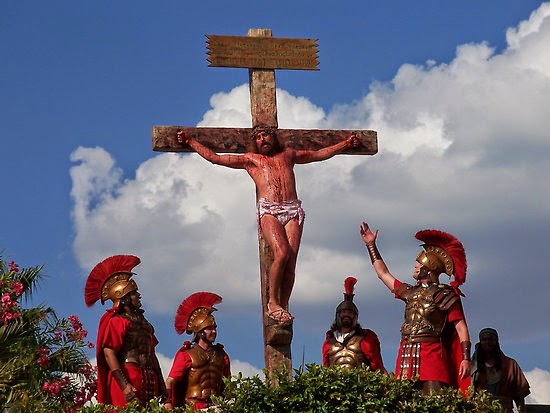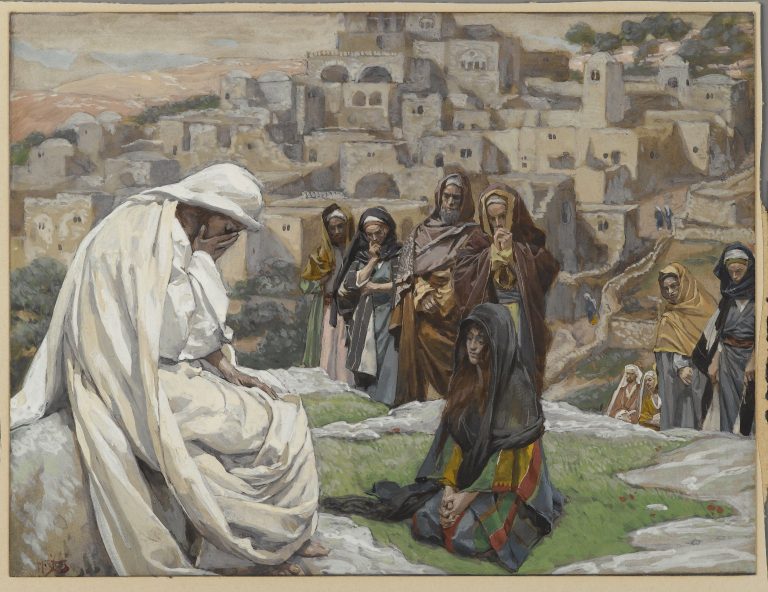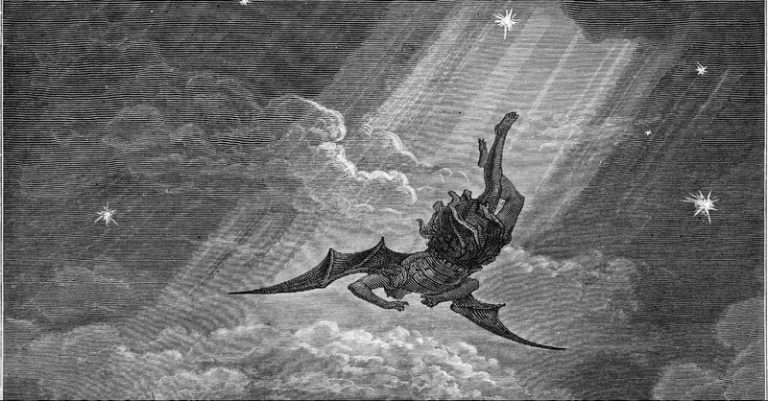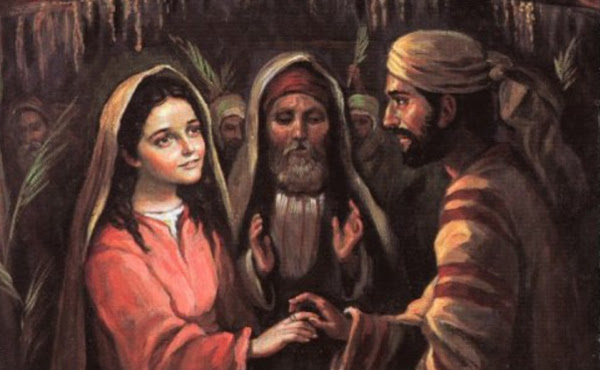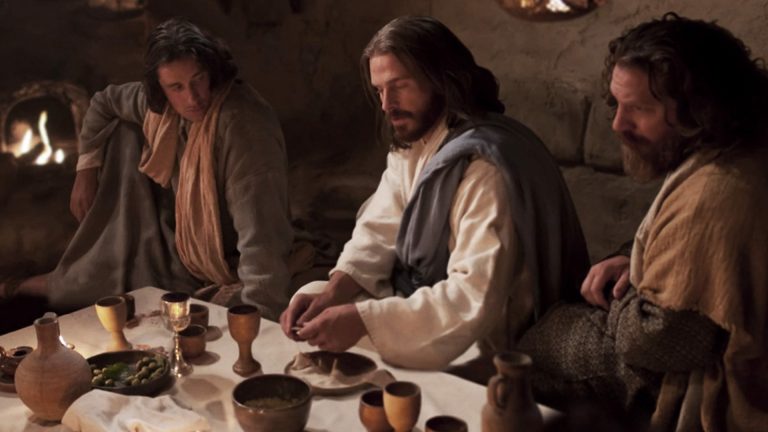What is Good Friday? An In-Depth Look at Its History, Meaning, and Impact on Christianity
Good Friday is one of the most solemn and important days in the Christian calendar, commemorating the crucifixion of Jesus Christ and his subsequent death at Calvary.
Observed during Holy Week as part of the Paschal Triduum, Good Friday typically falls on the Friday preceding Easter Sunday. It is a day of mourning, reflection, and penitence for Christians worldwide as they honor the ultimate sacrifice Jesus made to atone for the sins of humanity.
In this article, we will explore the historical context of Good Friday, its religious significance, and the various customs and traditions associated with this sacred day.

The Historical Context of Good Friday
Good Friday occurs during Holy Week, the final week of the Lenten season, which begins on Palm Sunday and culminates in Easter Sunday. The events leading up to Good Friday are filled with deep religious symbolism and meaning.
The Last Supper, which took place on Maundy Thursday, is the event where Jesus shared his final meal with his disciples and instituted the sacrament of the Eucharist. He also washed his disciples’ feet in the act of humility and service, setting an example for Christians to follow.
Following the Last Supper, Jesus was betrayed by one of his disciples, Judas Iscariot, and arrested by the Roman authorities. He was then subjected to a series of religious and secular trials, where he was ultimately condemned to death by crucifixion.
Good Friday commemorates the day of Jesus’ crucifixion, which was a common form of capital punishment in the Roman Empire for criminals and those who opposed the rule of Rome.
The crucifixion of Jesus Christ is a pivotal event in Christian history, as it represents the ultimate sacrifice made by the Son of God to atone for the sins of humanity. Through his suffering and death, Jesus took the burden of sin and offered the gift of salvation to all who believed in him.
As a result, knowing the history of Good Friday is important if you want to understand how important this holy day is to Christians.
The Meaning of “Good” in Good Friday
The term “Good Friday” may seem paradoxical, as it marks a day of suffering and death. However, the word “good” in this context carries a different connotation.
Some theories suggest that the term “good” is derived from an older meaning, which is “holy” or “pious.” Therefore, Good Friday can be understood as “Holy Friday,” a day of reverence for the events that unfolded.
Another way to look at the word “good” is through the Christian belief that Jesus’ death on the cross saved the world. Even though it was a very hard day for Jesus, his selflessness made it possible for people to be saved from their sins.
In this sense, the day is considered “good” because the crucifixion led to an ultimately positive outcome – the possibility of eternal salvation for believers.
The Religious Significance of Good Friday
Christians give the crucifixion of Jesus Christ a lot of religious weight because it is the most important part of the story of Jesus’ life, death, and resurrection.
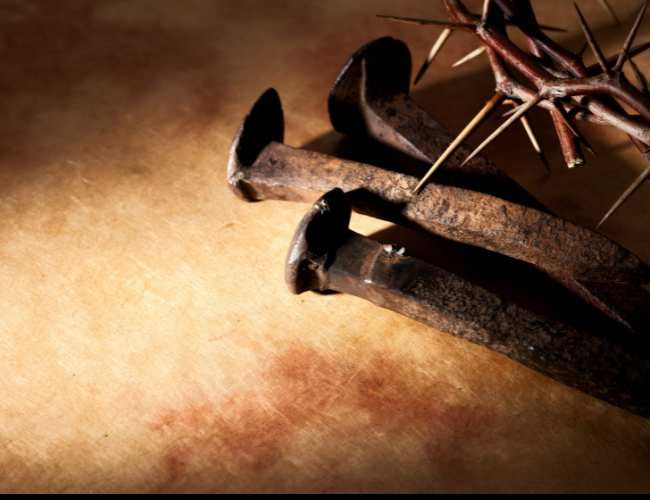
Good Friday is a day of deep reflection on the suffering Jesus endured to atone for the sins of humanity, and it serves as a reminder of the depth of God’s love and mercy.
The following table highlights key aspects of the religious significance of Good Friday:
| Aspect | Description |
|---|---|
| Atonement | Good Friday symbolizes the atonement of humanity’s sins through Jesus’ sacrifice on the cross. His suffering and death were necessary for the reconciliation between God and humanity. |
| Love and Compassion | The crucifixion demonstrates the extent of God’s love for humanity, as Jesus willingly endured unimaginable suffering to save sinners. This act of love serves as an example for Christians to follow in their own lives. |
| Fulfillment of Prophecy | The events of Good Friday fulfill several Old Testament prophecies, such as those found in Isaiah 53, which describe the suffering of a righteous servant who would bear the sins of many. |
| Connection to Resurrection | Good Friday sets the stage for Jesus’ resurrection on Easter Sunday, which is the ultimate triumph over death and sin. The crucifixion and resurrection together form the cornerstone of Christian faith. |
| Hope and Redemption | Despite the somber nature of Good Friday, it ultimately leads to the hope and redemption offered by Jesus’ resurrection. This serves as a reminder that even in the darkest moments, God’s love and grace can bring about transformative change. |
Christians can better understand how the crucifixion of Jesus changed their faith and gave them hope for eternal salvation if they know what the religious meaning of Good Friday is.
Good Friday Traditions and Customs
Christians can observe this solemn day and consider Jesus Christ’s sacrifice thanks to the various traditions and customs that mark Good Friday. Some of these customs include:
- Fasting and abstinence: On Good Friday, many Christians fast or avoid certain foods, especially meat, as a form of penance and to think about what Jesus went through.
- Church services: Special church services are held on Good Friday, often including readings from the Gospel accounts of the crucifixion, prayers, and hymns.
- Veneration of the Cross: In many churches, a wooden cross is displayed for worshippers to venerate, symbolizing their reverence for Jesus’ sacrifice.
- The Stations of the Cross: This devotional practice involves praying and meditating on fourteen specific events, or “stations,” from Jesus’ condemnation to his burial. Through this practice, Christians can feel closer to the pain and sorrow Jesus went through.
- Acts of charity: Some Christians engage in acts of charity or service on Good Friday, inspired by Jesus’ example of selflessness and love.
- Silent reflection: Many people observe a period of silence or minimal conversation from noon to 3 pm on Good Friday, marking the time when Jesus hung on the cross.
The Passion of Christ: The Story of Good Friday
The Passion of Christ encompasses the events leading up to and including Jesus’ crucifixion. Judas, one of Jesus’ disciples, betrayed him, leading to his arrest in the Garden of Gethsemane.
He was then brought before the Sanhedrin, the Jewish council, where he was accused of blasphemy. Jesus was taken to the Roman governor, Pontius Pilate, who initially found no fault in him but sent him to King Herod for further examination.
Herod decided to send Jesus back to Pilate, who eventually bowed to public pressure and ordered Jesus’ crucifixion.
Before the crucifixion, Jesus was scourged, mocked, and forced to wear a crown of thorns by Roman soldiers. He was made to carry his own cross to the site of his execution, known as Calvary or Golgotha.
There, Jesus was crucified between two criminals and left to die. After several hours of suffering, Jesus uttered his final words and died on the cross. His body was taken down, placed in a tomb, and sealed with a large stone.
The Connection Between Good Friday and Easter Sunday
Good Friday and Easter Sunday are intrinsically connected, as they represent the death and resurrection of Jesus Christ, respectively. Good Friday is a day of intense sorrow and mourning as Christians remember the suffering and death of Jesus on the cross.
However, this sorrow is tempered by the hope and joy of Easter Sunday, which celebrates Jesus’ triumphant resurrection from the dead.
The connection between Good Friday and Easter Sunday is crucial to the Christian faith, as it encapsulates the core belief in Jesus’ victory over death and sin.
The crucifixion symbolizes the ultimate sacrifice made by Jesus, who willingly endured immense suffering to atone for the sins of humanity. Meanwhile, the resurrection on Easter Sunday represents the fulfillment of God’s promise of eternal life for those who believe in Jesus Christ.
Good Friday and Easter Sunday are the most important days in Christianity. They show how much God loves people and how Jesus’ death and resurrection give people hope for salvation.
Good Friday Around the World
Christians all over the world observe Good Friday, with various cultures and nations incorporating their distinctive traditions and customs into the commemoration of Jesus’ crucifixion. The following table highlights some examples of Good Friday observances in different parts of the world:
| Country/Region | Good Friday Tradition |
|---|---|
| Philippines | Some devout Catholics participate in self-flagellation and even re-enact the crucifixion as a form of penance and devotion. |
| Italy | Solemn processions, known as Via Crucis, take place in various cities, including Rome, where the Pope leads a nighttime procession at the Colosseum. |
| Spain | Dramatic processions featuring ornate floats and elaborate costumes take place throughout Holy Week, culminating on Good Friday. |
| Germany | Many people observe a “quiet day” (Karfreitag) with no loud music or celebrations, and some also participate in the “Tenebrae” service, which involves extinguishing candles to symbolize Jesus’ death. |
| United Kingdom | Some communities hold passion plays and special church services, while others participate in the “Three Hours’ Devotion,” featuring prayers and meditations from noon to 3 pm. |
| Latin America | Many countries in Latin America hold processions and re-enactments of Jesus’ crucifixion, often with elaborate decorations and large-scale participation from the community. |
| Latin America | Many countries in Latin America hold processions and re-enactments of Jesus’ crucifixion, often with elaborate decorations and large-scale participation from the community. |
Reflection and Contemplation on Good Friday
Good Friday is a time for Christians to think deeply about the meaning of Jesus’ death on the cross and how it has changed their lives.
By examining the events of Good Friday and the suffering Jesus endured, believers can develop a greater appreciation for the extent of God’s love and mercy. This kind of thinking about oneself can also make Christians more humble and thankful when they realize how much was given for them.
In addition to reflecting on the events of Good Friday, many Christians take this opportunity to examine their own lives and spiritual journeys. They might look at themselves and see where they can get closer to God and more fully live out Jesus’ teachings.
Good Friday is a powerful reminder of the transformative power of God’s love and grace, inspiring believers to strive toward a deeper relationship with their Creator and a more profound understanding of their faith.
The Lasting Impact of Good Friday on Christianity
Good Friday’s events have had a long-lasting effect on Christianity, shaping its beliefs and ways of living. The crucifixion of Jesus Christ is still the most important part of the Christian story.
It is a constant reminder of the ultimate sacrifice made to save humanity. This important event has shaped many parts of Christian belief and tradition, including the ideas of atonement, salvation, and the meaning that Jesus rose from the dead.
Good Friday also plays a critical role in fostering a deeper understanding of the core Christian message of love, forgiveness, and redemption. Reflecting on Jesus’ suffering and death each year, Christians are reminded of the extent of God’s love and the lengths He was willing to go to save His children.
This powerful message continues to move many people to become Christians and try to live in a way that aligns with what Jesus taught.
Conclusion
Good Friday is an important day for Christians all over the world because it remembers the day Jesus Christ was crucified and died for everyone’s sins.
By looking at Good Friday’s history, religious meaning, and different traditions and customs, we can better understand how important this holy day is to the Christian faith.
From the events of the Passion narrative to the connection between Good Friday and Easter Sunday, the story of Jesus’ crucifixion serves as a cornerstone of Christianity, offering hope, redemption, and a deeper understanding of God’s love for all who believe.

Sangtea Hmar is a passionate leader of the Youth Christian Fellowship at the Electric Vengthlang Presbyterian Church in Aizawl, Mizoram, India. He is the owner of Christiantone.com and is committed to spreading the word of God. He loves to mentor youth and help them grow in their faith.

